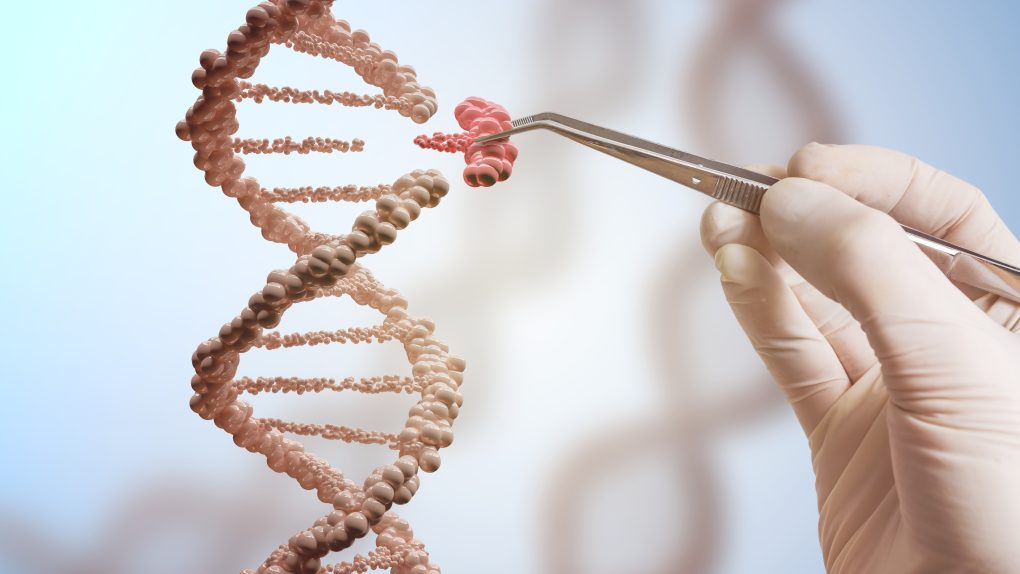Click to Skip Ad
Closing in…

Image: vchalup / Adobe
Researchers have identified a particular cellular protein that affects aging. They’ve also managed to tweak this gene to produce it in fruit flies, extending their lives by up to 30 percent. The hope is that this discovery could further efforts to slow human aging and extend our lifespans.
The main discovery relies heavily on a protein found within the cytoskeleton called F-actin, or filamentous, a network of thin and flexible filaments on the outside of a cell. This helps to determine the stiffness, shape, and overall movement of the cell. And aging seems to disrupt the functions of the cytoskeleton, which can lead to age-related diseases.

In a new study featured in Nature Communications, researchers looked deeper at the connection between F-actin and how it accumulates in the brain as we age. They found that it hinders cellular-level cleanup, which ultimately leads to the buildup of cellular waste in the brain. With some gene tweaking, they hope to be able to prevent this build-up to a degree and slow the effects of aging.
So far, the experiments seem to be showing some solid results. The researchers tweaked the genetics within a set of fruit flies and found that they could extend the flies’ healthy lifespan by up to 30 percent. That might not sound like a huge increase, but it’s a nice stepping stone toward something bigger.
They focused on the fruit fly because we’ve mapped the entire genome, allowing the researchers to target the age-related genes specifically. The gene tweaking only targeted neurons, but the researchers say that it improved the flies’ overall health extensively and even showed signs of improvements in brain function and other organs.
This discovery suggests that the build-up of F-actin could be a driver for age-related cognitive decline, and researching it further could help us crack the case of age-related diseases such as the root cause of Alzheimer’s and more.
This post was originally published on here






